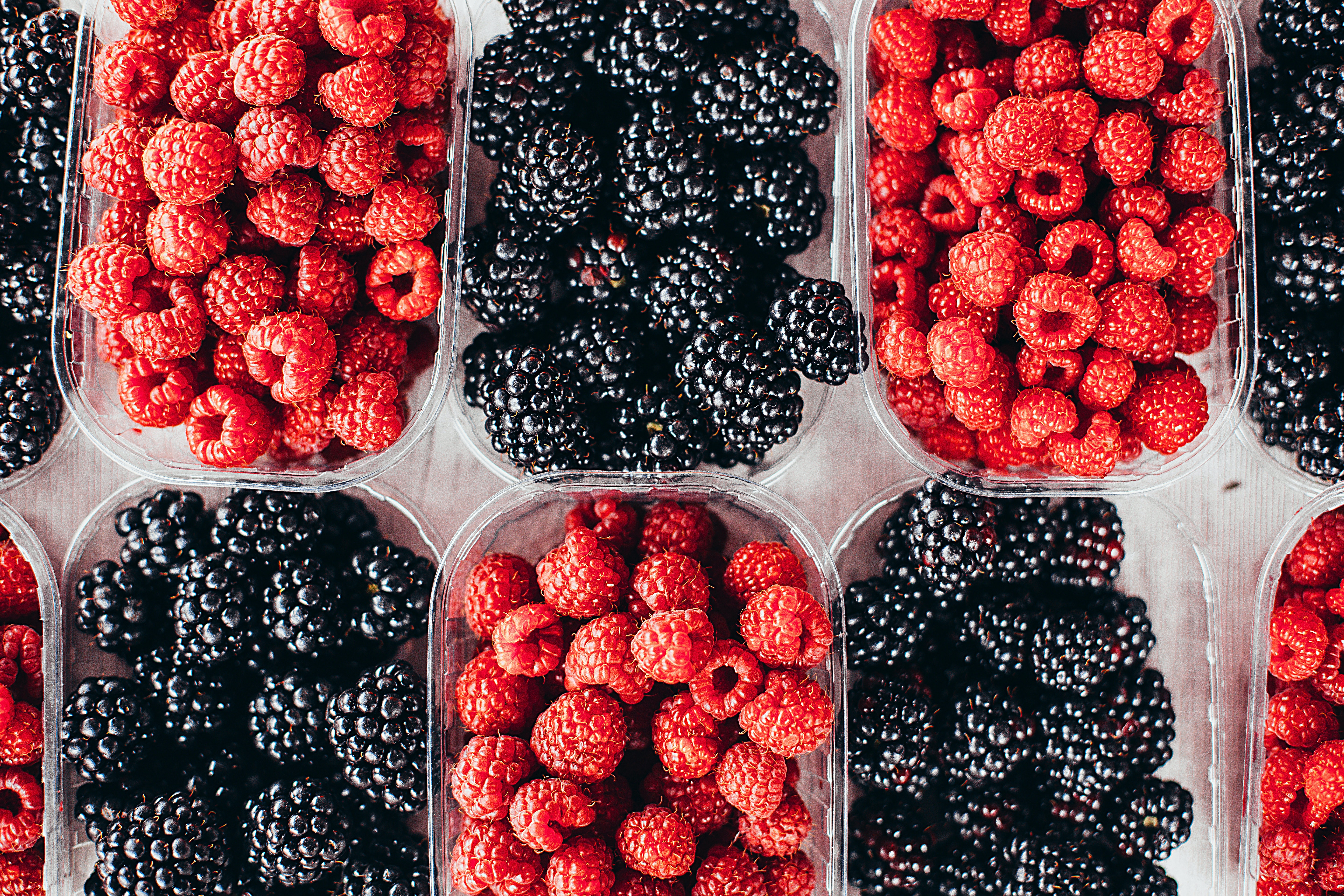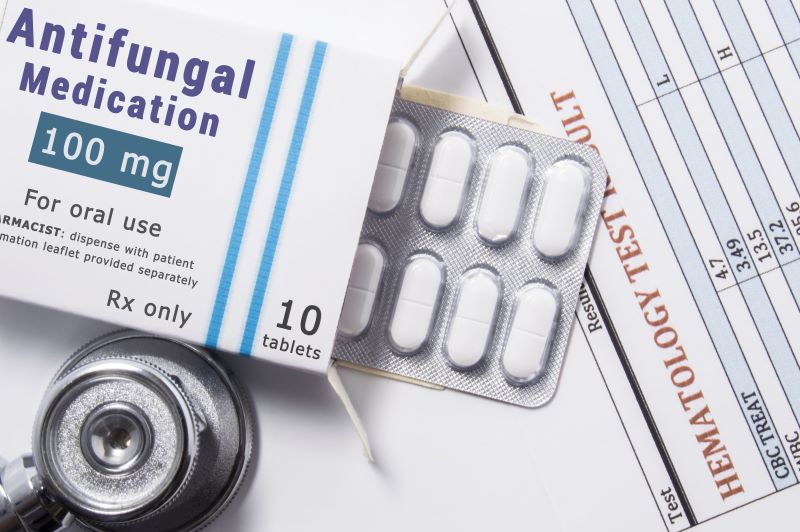What is Hyaluronic Acid? Hyaluronic Acid (HA) is a molecule that is found throughout our bodies in our fluids and…

 Skin
Skin
Eczema Diet Tips: Foods to Eat and Avoid for Eczema
Eczema and Your Diet: What to Eat and What to Avoid to Minimize Flare-Ups
Eczema is an inflammatory skin disorder that results in red, dry itchy skin. Also called dermatitis, eczema can result in skin bleeding and crusting over in the folds of the arms, back of the knees, wrists, and hands. Eczema is a very personal condition in which each person has different triggers and responds well to different treatments.
Individuals who struggle with eczema can have flare-ups triggered by certain foods. Your diet can have a huge impact on the quantity and severity of eczema patches. Because it is an inflammatory condition, the best foods to eat are ones that counteract the inflammation. Additionally, most patients with eczema suffer from food allergies that can trigger flare-ups. It is important to know what foods work in your body to minimize the presence of eczema.
Eczema Diet Tips
Foods to Include for Eczema:
Foods that contain anti-inflammatory properties include fish, probiotic foods, and foods high in quercetin. Fatty fish contain high levels of omega-3 fatty acids which is a crucial nutrient in fighting inflammation. Salmon, tuna, and sardines are all very high in omega-3s. You can also take an omega-3 supplement if fish does not appeal to you.
Foods that contain probiotics (live cultures) build up a strong immune system in your gut and this helps reduce flare-ups. There are lots of options when it comes to foods that contain probiotics including sauerkraut, fermented pickles, sourdough bread, yogurt, kimchi, and miso soup.
Quercetin is a flavonoid (chemical nutrient) found in plants. Quercetin specifically gives plants their rich color, is an antioxidant, and an antihistamine. The best foods to eat that contain quercetin are apples, blueberries, spinach, broccoli, cherries, kale, and onions. Eating a wide variety of the previously mentioned foods will help to control eczema symptoms.
Foods to Avoid for Eczema:
Inflammatory foods can trigger an increase in symptoms. Added artificial sugars, trans-fats, processed meat, red meat, refined carbs, and dairy all cause inflammation in the body.
Foods containing nickel. Nickel is an ingredient known to encourage symptoms of dyshidrotic eczema. Dyshidrotic eczema is a type of eczema that produces small blisters on the hands and the feet. Nickel is found in whole wheat and grains, rye, oats, cocoa, baking powder, soy products, canned foods, and dried fruits.
Allergies or Sensitivities
Your doctor may perform an allergy or food sensitivity test to see what foods your body cannot tolerate. After exposure to certain foods, your body might react in what is called “food responsive eczema.” If you do test positive for an allergy or sensitivity, it is crucial to avoid consuming those foods. Common food allergens are dairy, eggs, soy, and nuts.
Elimination Diet
If you are struggling with eczema flare-ups and are looking for ways to help your systems, you may want to try an elimination diet. This diet is done by removing foods or food groups that you suspect you may be intolerant to. When it comes to an elimination diet for eczema specifically, it is best to eliminate common allergens and inflammatory foods. Remove these foods from your diet for at least 3-days to see if symptoms subside. Try removing one food at a time so you know exactly what is contributing to your symptoms. By only removing one food at a time, this also allows you to have more freedom as you will not be limiting too much of your diet.
In conclusion, eczema is a condition that varies from person to person. Symptoms can be triggered by many different environmental and internal factors. When it comes to managing your symptoms through your diet, it is a process of trial and error. Finding the best foods to fight your eczema condition will take some time, but eventually, you will be able to determine what to eat and what to avoid for the best results. If you are struggling with eczema and cannot seem to find any relief, you should contact your dermatologist. They will create a treatment plan just for you to help treat this dermatology skin condition.
Sources
This blog is based on research and/or other scientific articles and is written by our experienced Chief Strategy Officer and Pharmacist, Ronak Desai. This blog is fact checked by our educated Pharmacist in Charge, Darshan Patel, who additionally runs our Apotheco Manhattan location.
Here at Apotheco Pharmacy Group, our goal is to provide the most up to date and accurate information on health and dermatology related topics. We do this to ensure our readers can make informed decisions based on factual content. All blogs undergo an extensive review process before posted.
This blog contains trusted sources. All sources are listed at the bottom of this article with hyperlinks that take you directly to the source.





